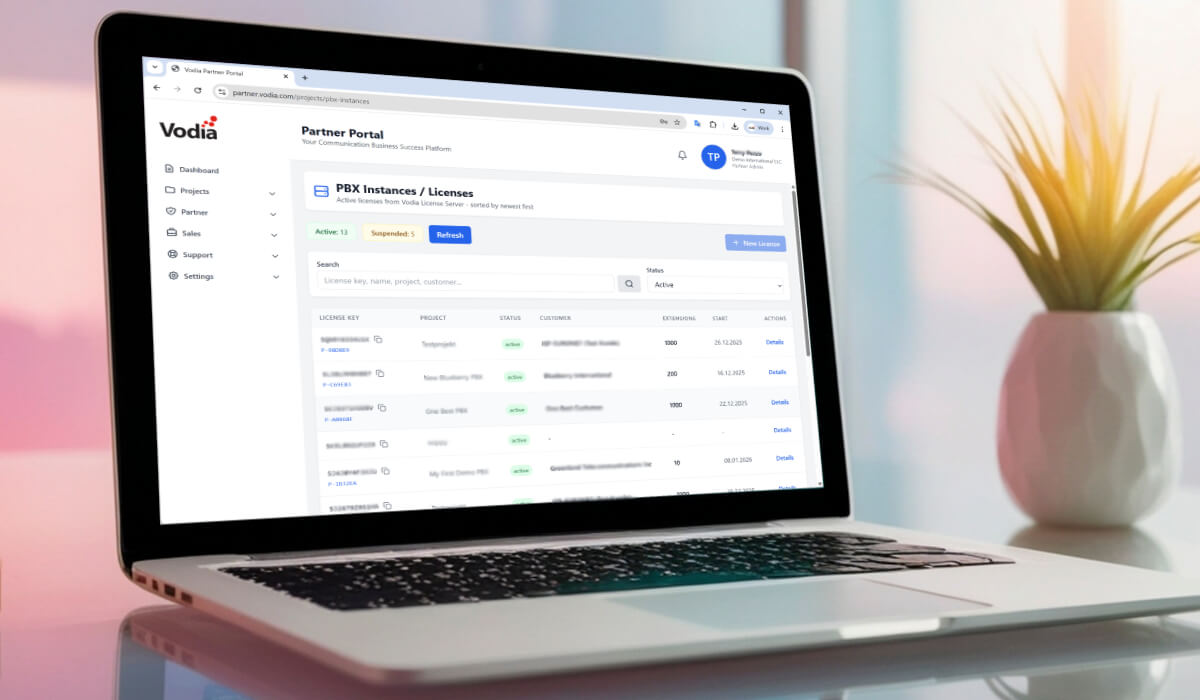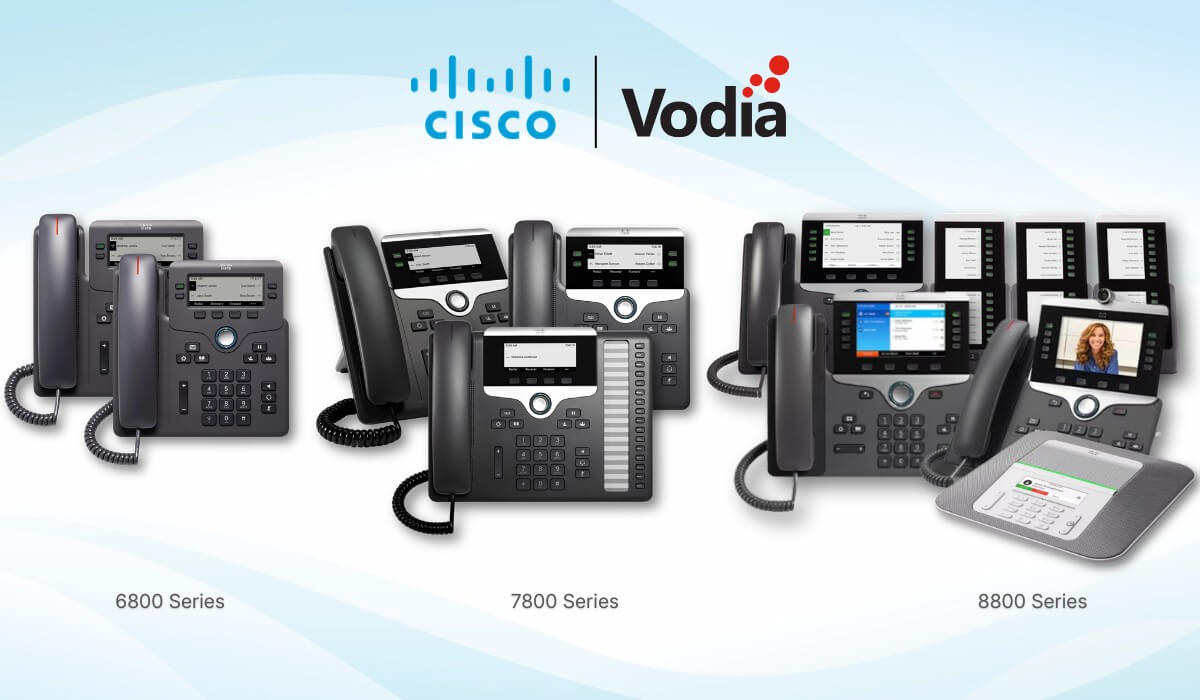Honestly, I don’t like those blurry terms like unified communications - nobody can exactly say what they actually mean. "Internet of Things (IoT)" or "Internet of Everything" is one (or two) of them. Here are some thoughts from my side of what it could mean, especially as to how those devices can be addressed.
A few years ago, when I learned about the advantages of IPv6, I thought this would be the ticket for the Internet of Everything. I don’t remember who had the idea, but someone said that everything can have an IP address, even things that don’t even have a microprocessor or anything electronic. For example, instead of printing those old-fashioned barcodes on yogurt, it would be cool to have a 2D IPv6 address on the cup. We could then define events for this address like “onProduce”, “onPurchase” or “onDispose” and trigger certain actions for them.
While this is a cool idea, I am afraid the reality will look different. First, the enthusiasm about IPv6 is pretty much gone - at least in my world. Instead, it seems a lot more pragmatic to just choose a URL instead of a numeric address. Why not encode http://abc-yogurt.com/item/0234523523 in that 2D code, instead of a number that nobody understands anyway? Or just skip it all and use the stuff we already have? When we introduced the Vodia mini PBX, we had to allocate a UPC (http://en.wikipedia.org/wiki/Universal_Product_Code is an interesting reading on this subject). Why not map it to a URL? This seems to be a lot easier coming up with something completely new. On the other hand, the UPC seems to be unsuitable for an individual tag. It isn't possible to have the expiry date machine readable, which sounds like a major issue that needs improvement - then we have the size of the label. While the old labels required a lot of real estate on the package, new labels can be a lot smaller (and 2D). Why not use watermarking technology and have several kilobytes on a label? There's no need to see the pixel with a human eye.
There is another number system for the internet of things we shouldn't forget: the telephone number. I don’t get tired telling people there are more telephone numbers in the USA than there are IPv4 addresses in the world, though this isn't the point; extensions are a well-understood way of extending the address space easily. If you have a motor for the shutters in your house, why not just call them up? Telephones are still the most widely available devices on the planet, and everybody understands how to dial a number. When you're at home, why not use your cordless phone to dial the “extension” of your shutter, door, light, and so on? Here's where the PBX steps in: it can translate a telephone call into a HTTP URL and trigger programmed actions. We have recently added something to the auto attendant that can do this, and much more.
At the end of the day, we will have a mix of everything. The shutter controller will have an IPv4 address, it will have an IPv6 address, it will have a UPC and a serial number. And it will be possible to control it with a phone number.
.svg)






